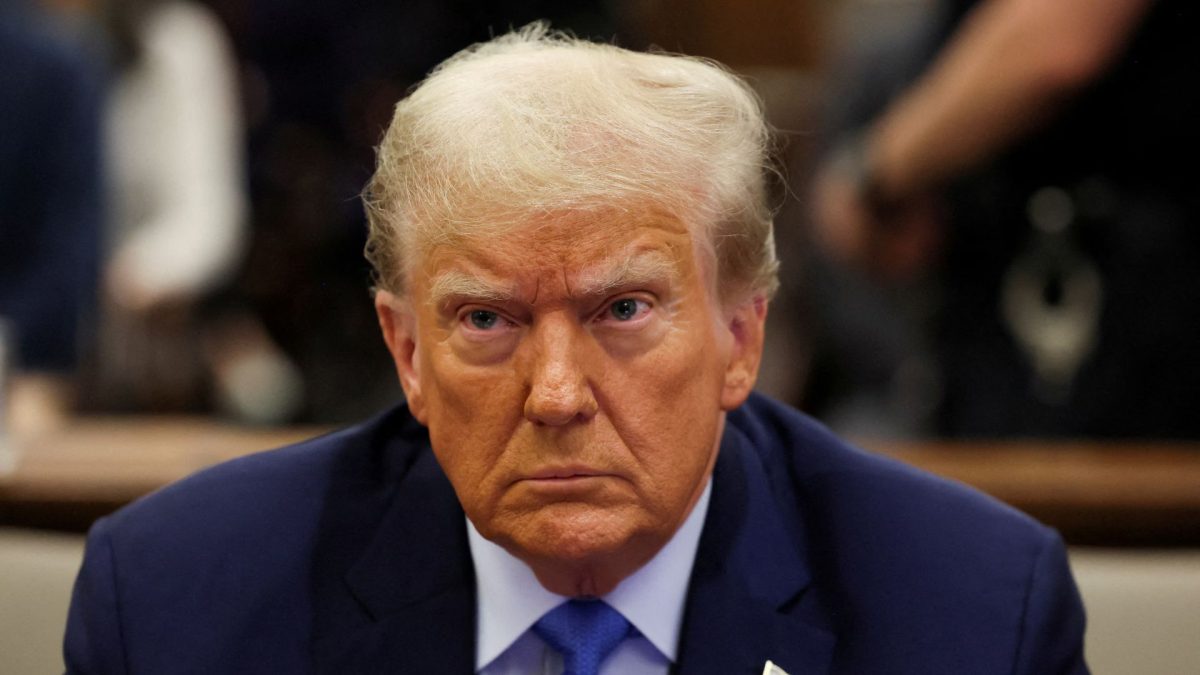As the Canada braces for tariff threats under US President-elect Donald Trump, Ontario is stepping up as Canada’s key player in defending its economic interests. From Premier Doug Ford’s bold energy export warnings to a massive ad campaign, the province is leading the charge to counter these challenges. Ontario’s actions highlight its critical role in navigating one of the biggest trade disputes in recent times.
A bold stand on energy
Premier Doug Ford has taken a firm stance, suggesting that Ontario might cut energy exports if the US imposes unfair tariffs. Speaking after a meeting of Canada’s provincial leaders, Ford emphasised the importance of protecting the interests of Ontarians and Canadians as a whole.
Ontario’s energy exports, vital to states like Michigan and New York, serve as a powerful tool in trade negotiations. Canada supplies 60 per cent of the crude oil America imports and 97 per cent of Canada’s oil exports go to the US, as per data from Statistics Canada which CBC News quoted from. Disrupting this flow could cause energy shortages and economic repercussions for both countries.
By putting energy exports on the table, Ontario signals its readiness to defend Canadian interests with determination and strategy.
Revisiting retaliatory tactics
Ontario has a history of economic pushback. During Trump’s first presidency, Canada responded to US steel and aluminum tariffs by imposing duties on American goods like Kentucky bourbon and Wisconsin-made toilet paper. Premier Doug Ford hinted at adopting a similar approach this time, with Deputy Prime Minister Chrystia Freeland reportedly compiling a list of American products for potential retaliatory tariffs. Ford suggested that preparations for such measures were underway, according to CP24.
Freeland, as cited by CBC News, pointed out that previous retaliatory actions had been effective, allowing Canada to secure an exemption from US tariffs in 2018 by targeting politically sensitive goods. She also mentioned that Ontario’s current strategy includes critical minerals and metals, strengthening the province’s bargaining power.
Impact Shorts
More ShortsStrengthening border security and public messaging
Ontario’s strategy is not limited to trade but also addresses issues raised by Trump regarding illegal immigration and drug trafficking at the Canadian border. Federal ministers, with input from provincial leaders, have proposed enhanced border security measures. Public Safety Minister Dominic LeBlanc, cited by CP24, confirmed that provinces are contributing resources to support this initiative. Yukon Premier Ranj Pillai commended federal plans, particularly efforts to curb fentanyl trafficking.
Ford stressed the need for unity, emphasising that this is not the time for partisanship, according to CBC News.
Diplomatic overtures
Despite the escalating rhetoric, Premier Ford indicated his willingness to meet with Trump, as reported by CBC News. He emphasised that he would not refuse a meeting with any US president, signalling openness to dialogue while maintaining a firm stance. This dual approach reflects Ford’s populist style, which has found support across political divides in Ontario.
The premier also proposed revisiting the US-Mexico-Canada Agreement (USMCA), suggesting a bilateral trade agreement between Canada and the US instead. He criticised Mexico, accusing it of acting as a “back door” for Chinese goods. This remark highlights growing concerns about global supply chain integrity and trade fairness.
A public relations offensive
Ontario’s strategy goes beyond government-level initiatives. The Ford administration has launched a multimillion-dollar advertising campaign aimed at emphasising Ontario’s strong economic and cultural ties with the US. The ads highlight the province as a top export destination for 17 US states and stress its reliability as an energy supplier.
One of the ads, running during NFL games and on Fox News, proclaims Ontario’s stability.
Uncertain waters
The stakes of this trade conflict extend beyond immediate tariff threats. Trump’s return to the White House could jeopardise the renewal of the USMCA in 2026, creating further instability in North American trade relations. Liberal MP Sean Casey, as quoted by CP24, suggested that even if Canada’s actions appear conciliatory, they might still align with national interests.
Ontario’s leadership in Canada’s trade battle
Ontario’s multifaceted response—ranging from energy export threats and border security measures to a strategic public relations campaign—highlights its leadership in Canada’s efforts to counter Trump’s tariff threats. Ontario’s readiness and proactive measures reflect not just a provincial commitment to economic stability but also a model for resilience in handling complex international challenges.


)

)
)
)
)
)
)
)
)



